Jordan is in the midst of what may be its most serious political crisis in 50 years. King Abdullah appears securely in charge, but the country faces substantial socio-economic challenges aggravated by the pandemic. Over a dozen people were arrested over the weekend and the former Crown Prince Hamzah bin Hussein is apparently under house detention. It is unprecedented turmoil in the ruling family, and there are credible allegations of foreign meddling.
Rumors of a conspiracy to oust King Abdullah have circulated in Jordan for months, some alleging Saudi support for the plotters. Criticism of the government has been widespread, especially in some tribal areas. On Saturday, the army and the intelligence service moved preemptively, quickly, and efficiently to round up and arrest dissident suspects. There are no reports of dissent in the military or security forces.
Among those arrested is Sharif Hassan bin Zaid, a former envoy to Saudi Arabia and the brother of a senior Jordanian intelligence officer who was assassinated in 2009 by an al-Qaida double agent in Afghanistan. The suicide attack also killed five CIA officers. Former cabinet member Bassam Awadallah, a long-time advocate of political reforms, was another prominent figure arrested. He too has been close to the Saudi government. Hamzah’s office director has also been arrested.
The former Crown Prince Hamzah bin Hussein — who at 41 is the eldest son of the late King Hussein and his fourth wife Queen Nur — is apparently under house arrest in his palace. The official media says he is not under detention, but he has released a lengthy video in English and a shorter one in Arabic in which he says his phone lines have been cut and he is unable to communicate normally with the outside world. In the videos, he is very critical of the government for corruption and incompetence, but does not speak of the king by name; he does refer to a despot running the country. The government says his wife, Princess Basmah, was in touch with a foreign intelligence officer about leaving the country.
King Hussein designated Hamzah to be crown prince in 1999, but five years later Abdullah removed him and later replaced him with his own son, Hussein bin Abdullah, who is now 26 years old. The split in the royal family is unprecedented in the country’s history. Previous changes in the line of succession were usually collegial. Hamzah is popular especially with the tribal establishment and has been known to attend gatherings where others voiced criticism of the king.
It is unclear whether the dissidents were actually involved in a concerted plot to oust the king. Hamzah denies any such conspiracy. He also rejected allegations of foreign connections.
The government is suggesting a foreign hand was involved, and most point to Saudi Crown Prince Mohammed bin Salman (MBS). Saudi Arabia is not popular with most Jordanians, and MBS is especially vilified for his role in the Yemen war and his flirtation with Israeli Prime Minister Benjamin Netanyahu. A coup plot with MBS involved would face massive opposition from the military and the general populace.
Jordan faces serious structural problems. The country lacks natural resources, water is scarce, and the population has grown to more than 10 million. Unemployment is high, especially for women. Waves of refugees have arrived from Iraq and Syria. The pandemic has added to the underlying difficulties. Tourism, key to the economy, has been largely closed. Corruption is endemic.
The country sits at the linchpin of the region, surrounded by Israel, the West Bank, Syria, Iraq, and Saudi Arabia, and just across the Gulf of Aqaba is Egypt. For the first 20 years of King Hussein’s reign, the country was wracked by coup plots, assassination attempts, foreign interference, and ultimately civil war. Since 1970, the country has been fairly calm. The biggest threat was al-Qaida and Islamic State terrorism. The wars in Iraq and Syria and the intifadas in Palestine did not lead to unrest in Jordan.
It is too soon to judge the impact of the crackdown in Jordan. There is much more that we don’t know about those arrested and their plans. Former Crown Prince Hamzah is a particular enigma. Was there a real plot to destabilize the country? Or only complaining about the sorry state of the government and the economy?
The Brookings Institution is committed to quality, independence, and impact.
We are supported by a diverse array of funders. In line with our values and policies, each Brookings publication represents the sole views of its author(s).


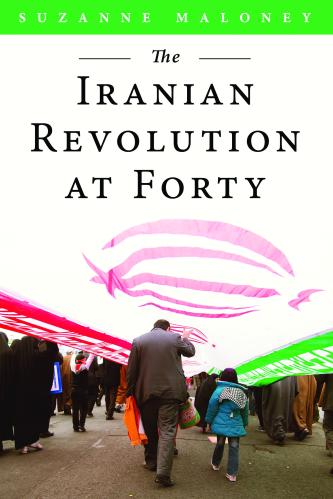

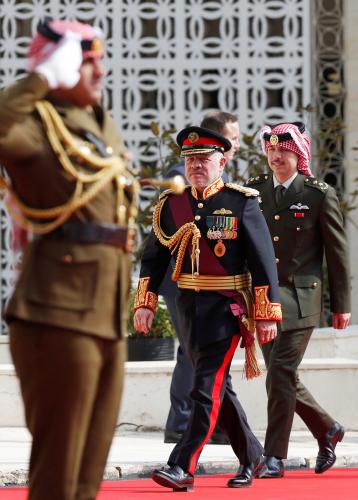
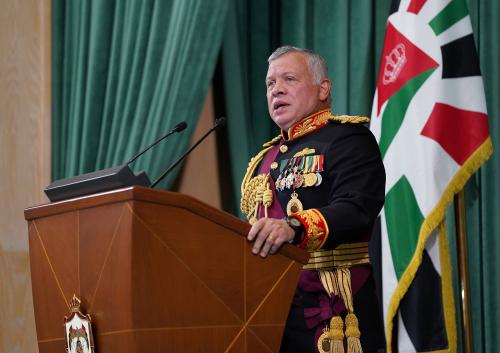
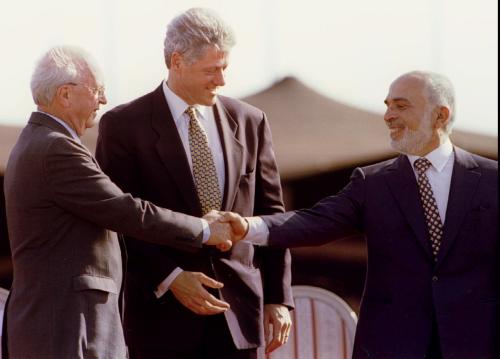

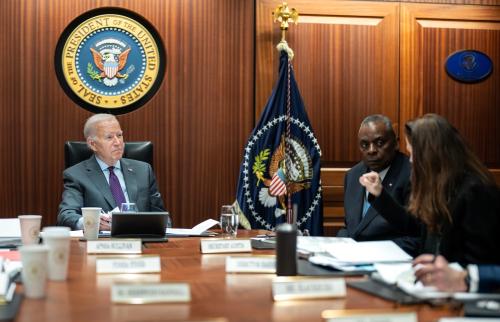
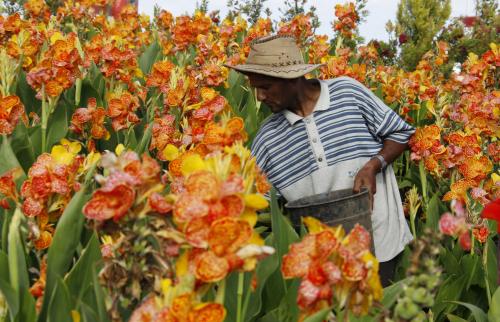
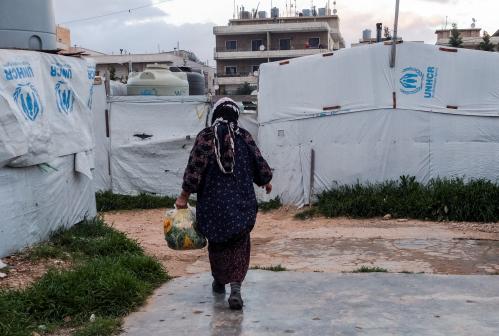
Commentary
Jordan in turmoil
April 5, 2021